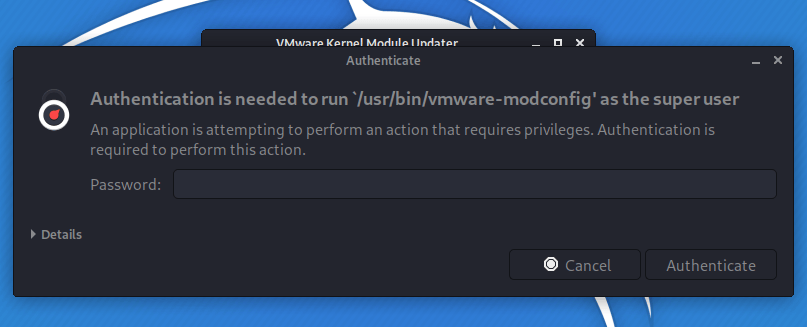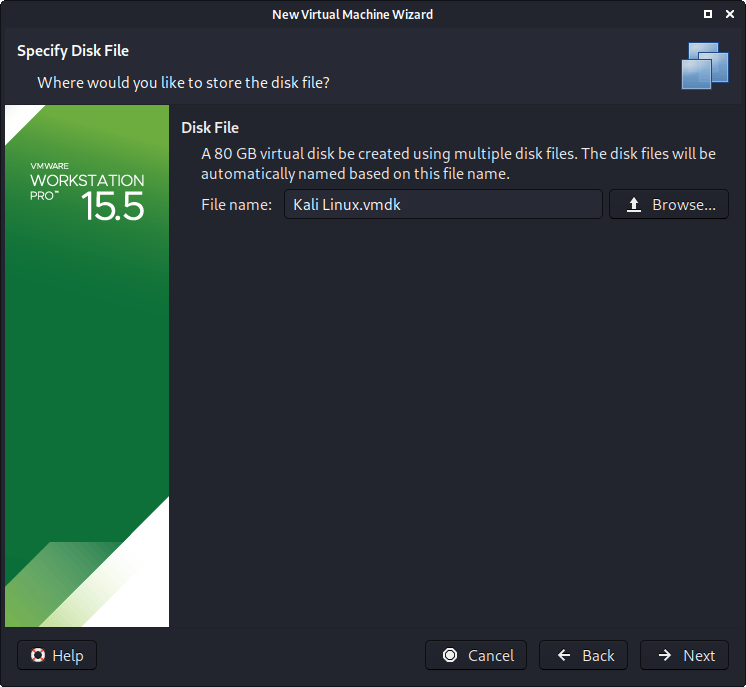
You should definitely check out Docker and learn something about it, but I think virtual machines can emulate a complete system in a better and complete way, and you will have the sensation to be inside a completely different environment. Docker Docker is powerful, and it has a lot of nice features.

For now, I still love the idea that with your virtual machines you have a separate OS inside your main OS that you can build, delete, recreate and freeze in a certain state (by taking a snapshot). (WSL) Windows Subsystem for Linux WSL is a very interesting topic and I will write something about it. Online emulators The OnWorks platform gives you the possibility to test a demo environment with a Linux distro of your choice

Dual boot You can enter in your BIOS and install the other OS directly on your Hardware. Nowadays, there are a lot of valid alternatives. Parallels Bonus: other tools to emulate operative systems To create virtual machines you need to use a virtualization program, here 3 famous valid alternatives that you can use: 1. Virtual machines are simply other self-contained and isolated OS that you can create and run on your main OS. It is legit to have a preferred OS for your everyday use, but here we are talking about being familiar with different kinds of OS so when you need to do some operations in a different one you would not be clumsy.

These days it is pretty hard to live your career in the IT industry on a single OS, sometimes you can develop software on Windows and be fine, but usually, you should connect through SSH to machines in production and a lot of these will be running Linux-based OS. Photo by Chris Lawton on Unsplash Why you should be OS-fluid


 0 kommentar(er)
0 kommentar(er)
